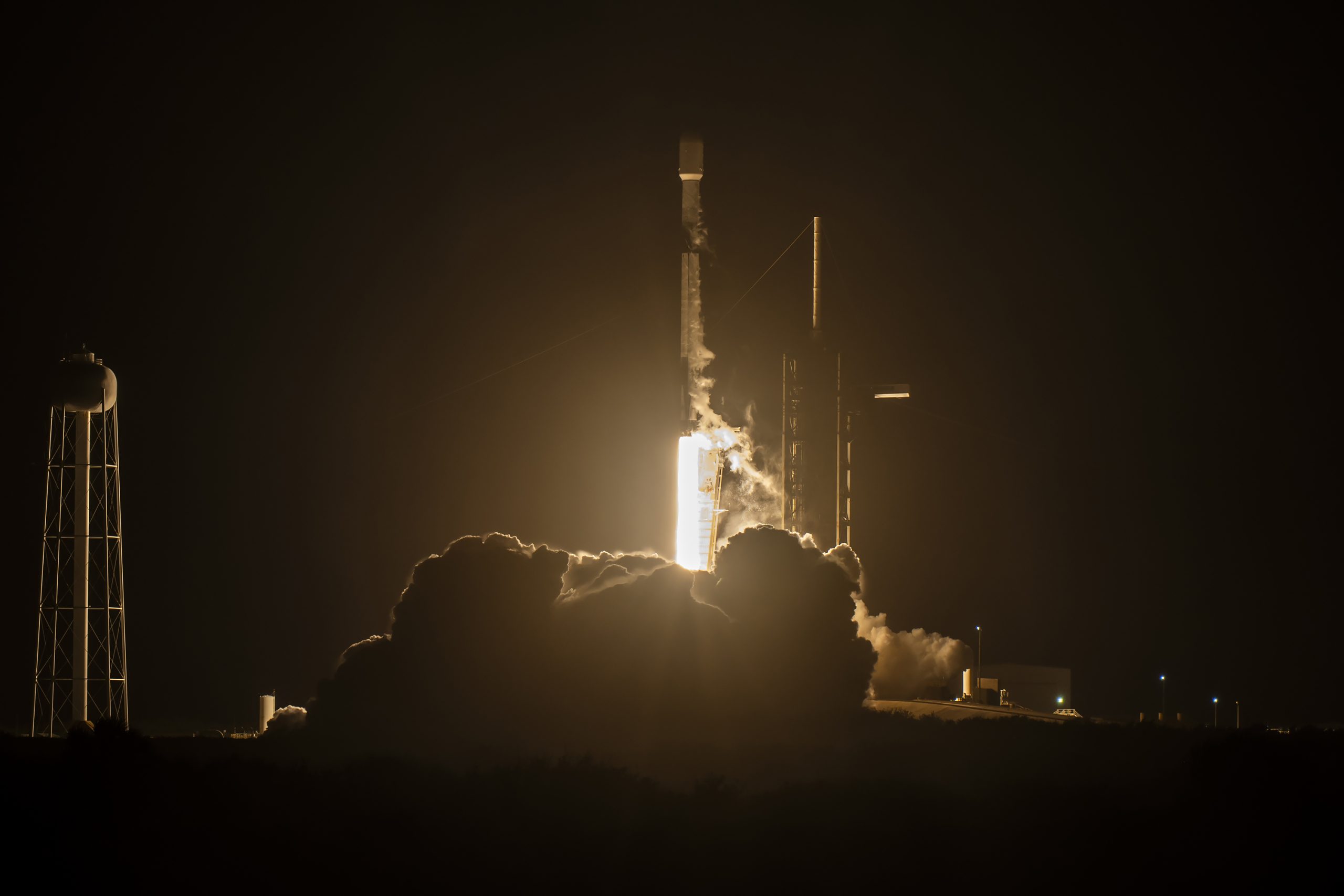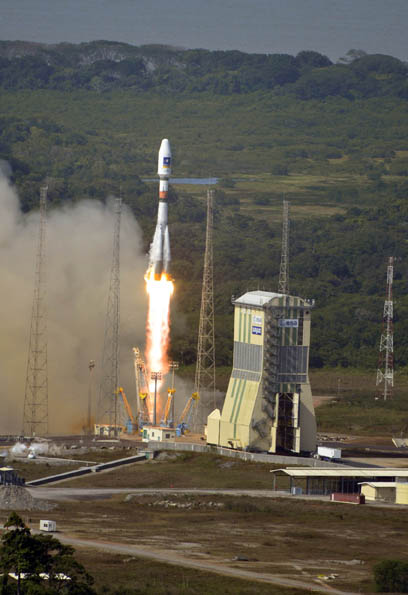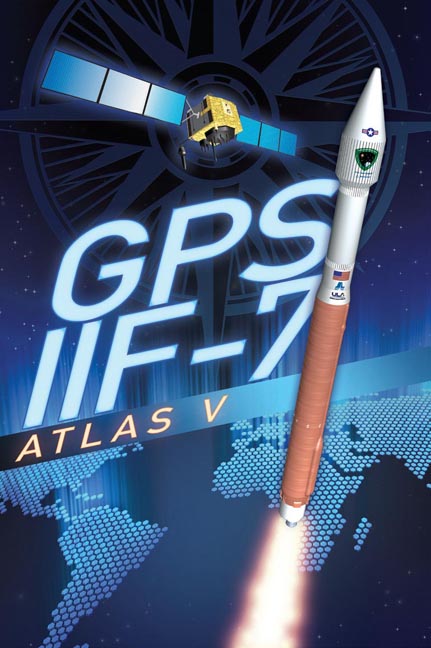Galileo satellites GM25 and FM27 were successfully launched into orbit from Kennedy Space Center in Florida on April 27. Thierry Breton, Commissioner of the Internal Market of the European Union, confirmed via X, “2 new Galileo satellites successfully launched last night. Awaiting Ariane6, the 2024 launches are crucial for Galileo’s resilience, robustness and continuity of its civilian & military applications. Galileo deployment will continue in 2025.”
The satellites were launched by SpaceX Falcon 9, its 20th and final launch, owing to delays in the Ariane 6 launcher. “We know that we are now in a situation which is far more difficult than expected,” Stephane Israel, CEO of Arianespace, the company that builds the Ariane and Vega launchers, told Inside GNSS at the recent European Space Policy Conference. “What we call the transition [from Ariane 5 to Ariane 6 and Vega C] did not go as planned, for many reasons.” See full Inside GNSS coverage of the European Space Policy Conference.
The EU Agency for the Space Programme (EUSPA) confirmed in a statement:
The EU Agency for the Space Programme (EUSPA) is now in the Launch and Early Orbit Phase (LEOP) stage of the two new L12 Galileo satellites, launched earlier this morning. They will join the current Galileo operational fleet in the upcoming months.
The latest batch of Galileo satellites is now being operated by EUSPA and the Galileo Service Operator for the Early Orbit Phase (EOP).
The EUSPA operations team, through its Galileo Service Operations provider, took over the satellite operations as the satellites were separated from the launch vehicle and their automated initialization sequence started. Telemetry has been successfully acquired, their solar panels deployed, and the batteries are charging, bringing the satellites to what we call the Holding Point.
The EOP is a vital step in a space mission, running through the gradual activation and testing of platform satellite components, once in orbit. From the Galileo Control Centre in Oberpfaffenhofen, Germany, the dedicated LEOP team will navigate the satellites to their designated orbit within the coming days. Following rigorous in-orbit testing and commissioning, the satellites will integrate into Galileo’s operational constellation at 23 220 km.
The mission is a collaboration between the European Commission, who lead the management of Galileo, EUSPA managing operations and services with the support of the Galileo service operator (SpaceOpal) and the European Space Agency (ESA) serving as the design authority, responsible for development.
Rodrigo da Costa, Executive Director of EUSPA, emphasised the achievement: “The successful addition of the two new satellites is another milestone for Galileo”. He underscored the broader impact of the EU satellite navigation system “Galileo is more than just a constellation of satellites; it is a beacon of innovation, security, and progress, empowering billions of users worldwide, enabling precise navigation, enhancing transportation efficiency, and facilitating disaster response efforts. The users of Galileo rely on its secure and reliable services daily, supporting the European Union’s strategic autonomy and initiatives like the Green Deal and digital transition. “






